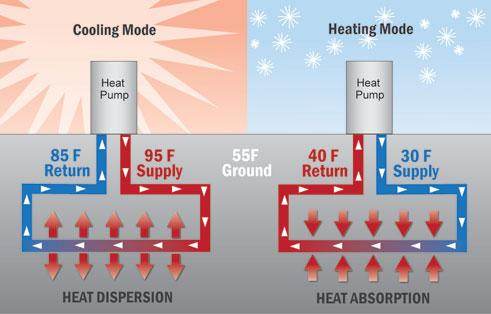








Living in Anjou , France,
For the many not for the few
http://www.permies.com/t/80/31583/projects/Permie-Pennies-France#330873










 But that's another topic. I don't think they've ripped out the geothermal system. It works perfectly.
But that's another topic. I don't think they've ripped out the geothermal system. It works perfectly.
Ask me about food.
How Permies.com Works (lots of useful links)





 1
1




"If you want to save the environment, build a city worth living in." - Wendell Berry




Brian Knight wrote:If youre building new, and wisely building an efficient envelope, the payback should be beyond the expected life of the mechanical equipment. Mini-split ductless heat pumps are proving to be just as efficient as GSHP with MUCH lower upfront costs. However, some homes are too big and not open enough to make them cost effective compared to more typical air-source heat pump systems or the more efficient but expensive GSHP.




"If you want to save the environment, build a city worth living in." - Wendell Berry











Ask me about food.
How Permies.com Works (lots of useful links)





"If you want to save the environment, build a city worth living in." - Wendell Berry

| I agree. Here's the link: http://stoves2.com |






